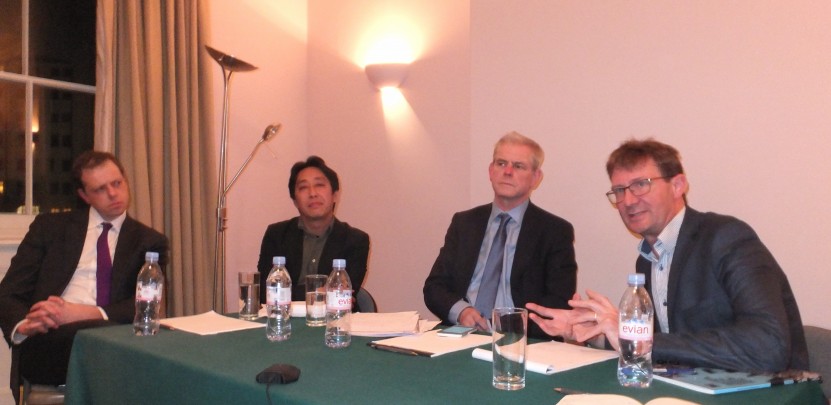 セミナーシリーズ 2016
セミナーシリーズ 2016Thursday 3 March 2016
6:00pm – 7:30pm
The transforming effects of social media: journalism, politics and business
ドリンクレセプション 7:30pm
13/14 Cornwall Terrace, Outer Circle (entrance facing Regent's Park), London NW1 4QP
大和日英基金 主催
The rapid development of digital media is overwhelming to some people, but for younger generations, digital information is an indispensable part of their lives. Japan still has one of the highest subscription rates in the world for printed newspapers, but the shift to online media is accelerating.
Social media has been a vehicle for political activism in the Middle East, and is a powerful tool for communication – and sometimes propaganda – by businesses, governments and other organisations. One of its advantages is speed – during the 2011 Tohoku Earthquake, information on social media about food, water and medical supplies was more useful than anything on TV or in newspapers. But competition between ‘professional’ and ‘social’ media to be first with the news means that speed is often prioritised over accuracy. Audiences no longer behave as mere recipients; anyone with access to the Internet can upload their own ‘information’ and opinions. This results in a reciprocal and interactive flow of information, with the information itself evolving in the process. Social media is often a source of incorrect information, and a space for anonymous attacks on individuals. These new forms of communication are a double-edged sword that we are still learning how to control.
The first seminar on the theme of ‘Finding a Balance’ will discuss the new media and their transforming effects on journalism, politics and business.
You can read a summary of the seminar via the button below:
Summary of the seminar, The transforming effects of social media- journalism, politics and businessYou can watch a recording of the event here:
コントリビューターについて
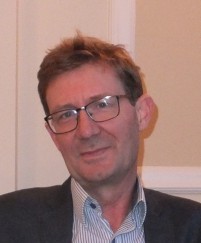
Nic Newman
Nic Newman is a journalist, digital strategist and a Visiting Fellow at the Reuters Institute for the Study of Journalism. A founding member of the BBC News Website, he acted as World Editor from 1997 to 2001. As Head of Product Development for BBC News he introduced innovations such as blogs, podcasting and on-demand video. He has also assisted in the development of social media strategies for the wider BBC.
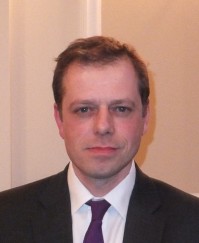
Andrew Rivette-Carnac
Andrew Rivette-Carnac is head of digital and social media at Brunswick. He has consulted on media content creation for a wider variety of audiences, from marketing to HR and investor audience. Specifically, Rivette-Carnac advises businesses on corporate social media strategies, digital crisis preparedness and digital profile optimisation. Prior to his consultancy work he worked as a journalist across print, broadcast and online media.
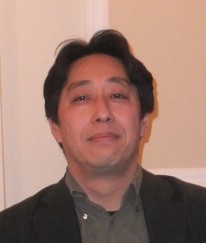
Masayuki Kato
Masayuki Kato is a freelance journalist based in London. As a staff writer with Jiji Press, part of the Japanese Press agency, he focused on economic issues such as international trade, agriculture, stock markets and the IT and automobile industries. From 2002 to 2006 Kato was chief of the Geneva Bureau, covering stories related to the United Nations. Until 2011, he held the position of Vice Editor of the digital media section at Jiji Press’s Tokyo headquarters.
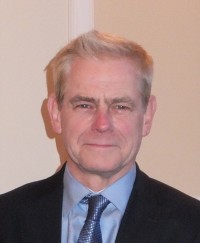
William Horsley (Chair)
William Horsley is UK Chairman of the Association of European Journalists and International Director of the Centre for Freedom of the Media (CFOM) at the University of Sheffield. Horsley was BBC Bureau Chief in Tokyo from 1983 to 1990, covering Japan, China and other parts of Asia. Later he was a BBC World Affairs Correspondent and reported extensively on the re-shaping of Europe’s political landscape following the fall of the Berlin Wall. He is currently helping to establish effective protections for free speech and independent journalism around the world.